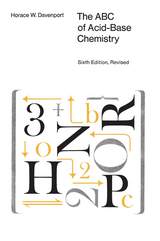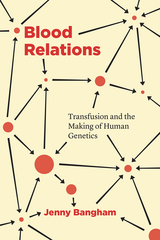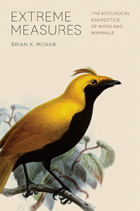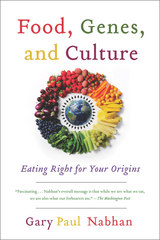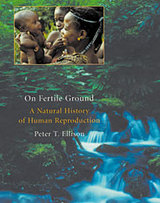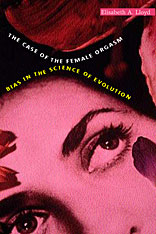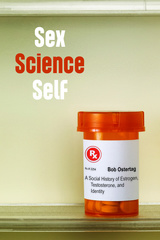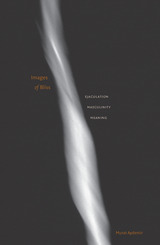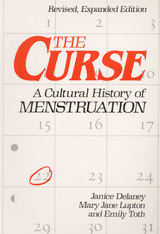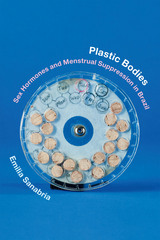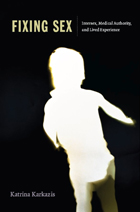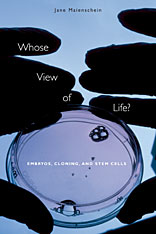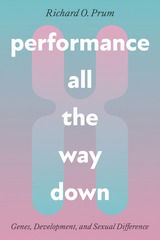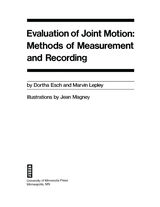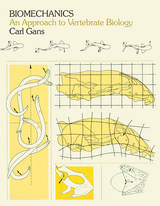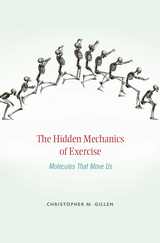Human Fertility
University of Chicago Press, 1977
Cloth: 978-0-226-47297-3
Library of Congress Classification QP251.L4213
Dewey Decimal Classification 612.6
Cloth: 978-0-226-47297-3
Library of Congress Classification QP251.L4213
Dewey Decimal Classification 612.6
ABOUT THIS BOOK | TOC
ABOUT THIS BOOK
In this innovative and comprehensive work, expanded by one-third for the English-language edition, Henri Leridon integrates biology and demography to investigate human fertility, both natural and controlled. Traditionally, demographers have been concerned with birthrates in different populations under varying conditions, while biologists have limited themselves to the study of the reproductive process. Leridon has formulated the first coherent overview of the functioning of the human reproductive system in relation to the external conditions that affect fertility.
The book begins with a readable, authoritative review of human fertility in its natural state. Leridon summarizes and evaluates current knowledge, drawing together rare statistical data on physiological variables as well as demographic treatments of these data. After discussing the classical framework used by demographers, Leridon undertakes a "microdemographic" analysis in which he focuses on the individual and explicates the biological processes through which social, psychological, and economic factors affect fertility. He isolates its components—fecundability, intrauterine mortality, the physiological nonsusceptible period, and sterility—then reviews the composite effect of variation in any one component.
Leridon considers situations of controlled fertility: contraception, abortion, and sterilization. The author also presents valuable new data from his own investigations of varying risks of intrauterine mortality. Finally, he shows how the previous approaches can be complemented by the use of mathematical models.
The book begins with a readable, authoritative review of human fertility in its natural state. Leridon summarizes and evaluates current knowledge, drawing together rare statistical data on physiological variables as well as demographic treatments of these data. After discussing the classical framework used by demographers, Leridon undertakes a "microdemographic" analysis in which he focuses on the individual and explicates the biological processes through which social, psychological, and economic factors affect fertility. He isolates its components—fecundability, intrauterine mortality, the physiological nonsusceptible period, and sterility—then reviews the composite effect of variation in any one component.
Leridon considers situations of controlled fertility: contraception, abortion, and sterilization. The author also presents valuable new data from his own investigations of varying risks of intrauterine mortality. Finally, he shows how the previous approaches can be complemented by the use of mathematical models.
See other books on: Family & Relationships | Fertility, Human | Mathematical models | Medical | Physiology
See other titles from University of Chicago Press

